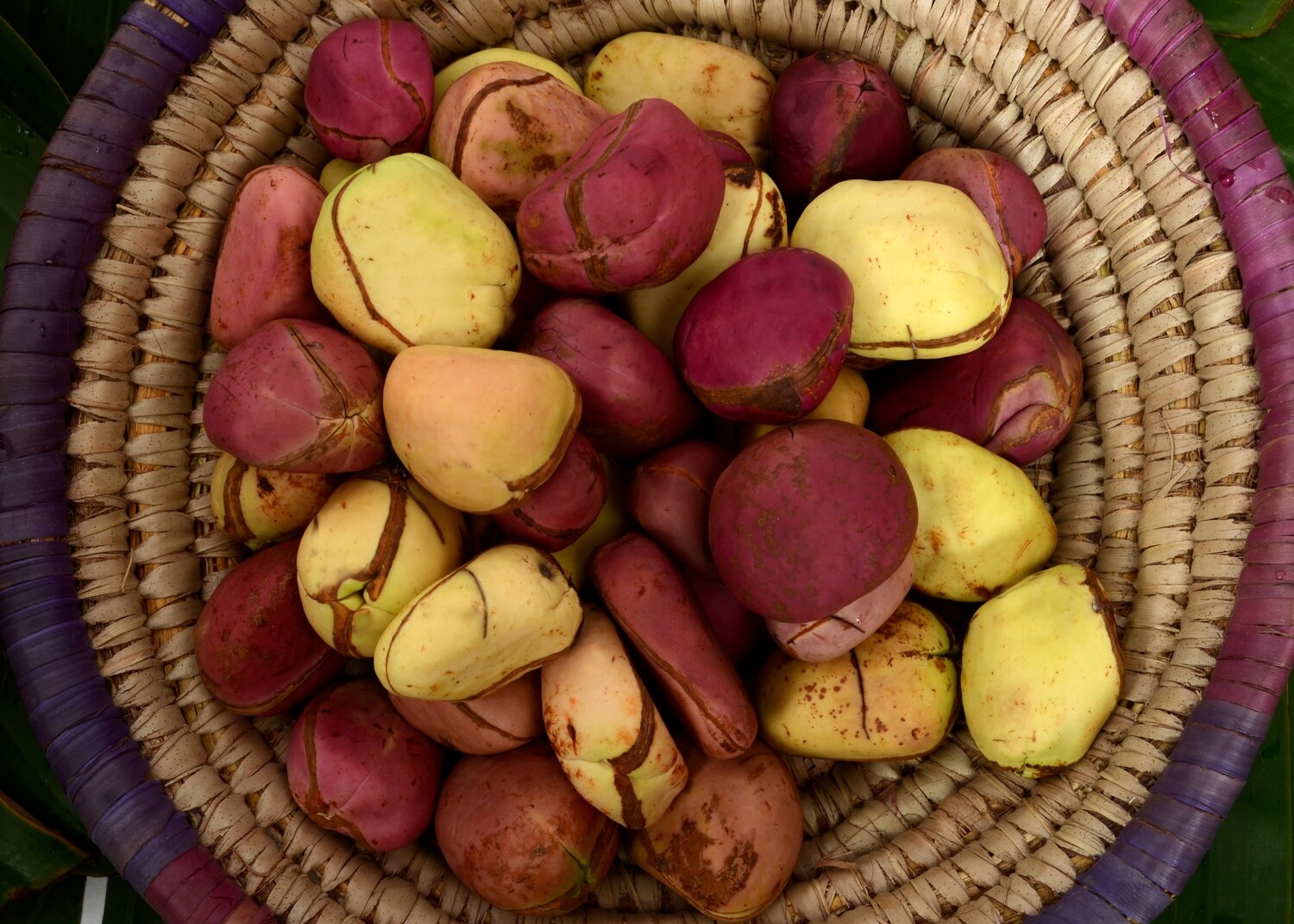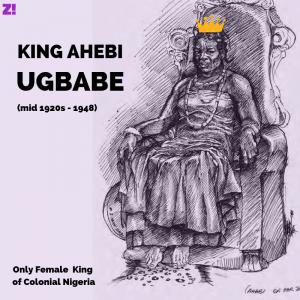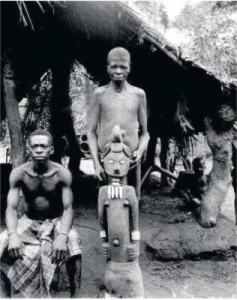
The Igbo people consider kola nut to be a sacred fruit. Hence, it is held in awe, admired mostly. In honoring Igbo culture and heritage, it is significant. It is also known as Ojì.
The oji is revered in the Igbo culture and acts as a sign of impending peace. It has assumed an unmatched significance in Ndigbo culture.
Kola nut rituals, which must be performed in Igbo language, have been raised to such a status in Igbo nation that no marriage ceremonies, traditional ruler installations, dispute resolution, or cultural festivals are ever held without them. None at all.
The way the revered fruit is presented, however, varies in Igbo communities since in some regions, it is accompanied by cash of any amount or white chalk (nzu).
However, in the ‘Ani Awkunanaw’ (Awkunanaw land) of Enugu State, the kola must first go through a number of complicated customary procedures that are supervised by the person performing the ceremony.
A few of the procedures include:
“Ime Oji” (presenting the kola nut) is followed by “Icho Oji” (passing the kola), “Igo Oji” (prayer over the kola by an elder or spiritual person), “Iwa Oji” (breaking or cutting the kola), and “Ike Oji” (sharing of the kola). The passing of the kola in an Awkunanaw gathering is done in a structured manner. The kola nut presentation ritual, also called as “icho oji,” revolves around this, making it the event’s most significant and symbolic moment.
Overall, the Awkunanaw land’s icho oji procedures have historically been linked to seniority or the oldest kindreds or towns that made up the Awkunanaw community. The kola must follow the Awkunanaw hierarchy in ascending order, according to the norm. It is customary for the kola nut to be given to the host or anchor of any gathering of Awkunanaw people from their kindreds, villages, or towns on Awkunanaw territory.
Among the villages in Awkunanaw, the traditional order of seniority are as follows;
- Akegbe Ugwu. Akwuke is a descendant brother from Akegbe Ugwu.
- Obuoffia
- Amodu
- Uma. Uma has two sons namely;
- Amechi
- and Obeagu.
The two sons of Uma has a descendant brother called Ugwu aji.
- Umu Eze (Ada Awkunanaw).
Iwa oji
The youngest son of Awkunanaw is the one who will perform Iwa Oji, which is the cutting of the kola nut (i.e., the separation of the lobes of the kola nut). The mantle belongs to “Obeagu” in a sitting like this, according to the seniority hierarchy indicated above. As the anchor or the chairperson calls on representatives from each community in their hierarchical sequence, the youngest man in this community distributes the kola nut around.
Additionally, in a meeting or sitting of the individual villages, the youngest person serves as the Iwa Oji, whereas in a full Awkunanaw setting, Obeagu serves as the Iwa Oji.
Oji for the women of Awkunanaw
The kola nut cannot traditionally be offered to, sliced, or served by a woman in Awkunanaw. Women are excluded from the ritual because they are not recognized by the ceremonies of the Kola nut. Instead, they are responsible for making hot ‘okwa ose’ or ‘ose oji’ (alligator pepper or groundnut sauce) for the kola to eat. Additionally, a man or boy must remove the kola from the spectacle and present it to them before a lady can dip her hands and take some.
Therefore, kola nuts hold several meanings for the Ndigbo of Nigeria’s South East geopolitical zone. It is the first item presented to a visitor because it represents peace and signifies that they are being greeted in peace. In conclusion, the kola nut is a sign of peace, harmony, forgiveness, integrity, life, fraternity, hospitality, goodwill, and kindness in Igbo nation.



